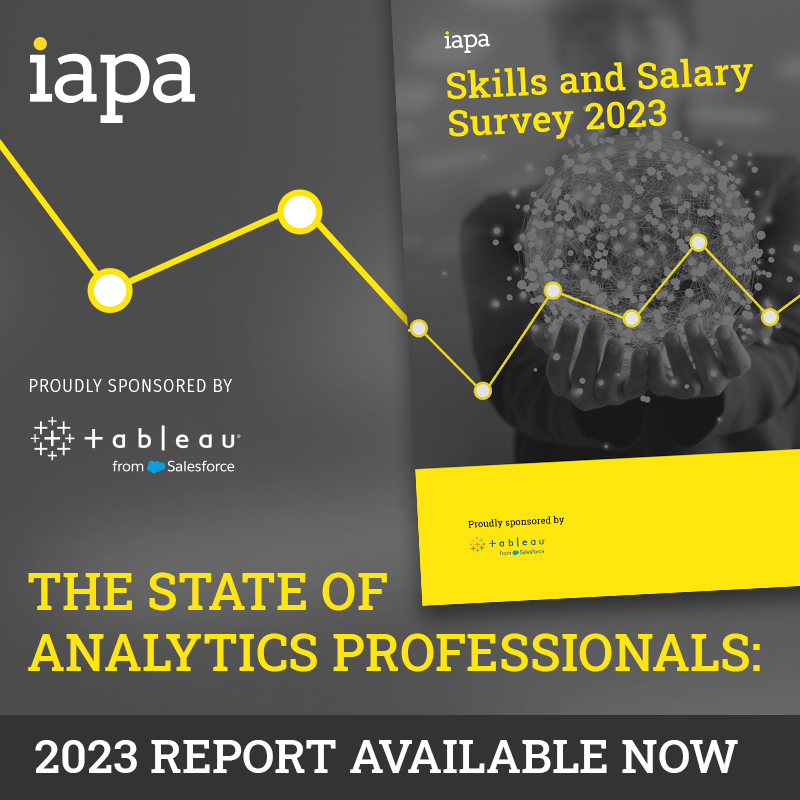Digital advocacy group Reset Australia has sounded a “clear alarm” over voluntary big tech regulation and called on the federal government to step in after its complaint about Facebook’s handling of misinformation was thrown out.
Reset Australia this week went public with its five-month long battle with Facebook parent company Meta and big tech representative mob Digital Industry Group Inc (DIGI) over the Australian Code of Practice on Disinformation and Misinformation.
Reset Australia has accused DIGI of a conflict of interest between its role in overseeing this code and in receiving funding from many of the companies subject to it.
It has urged the federal government to ditch its practice of using voluntary codes to oversee the tech sector and instead turn to big stick regulation.
In response, DIGI emphasised that the subcommittee handling complaints under the code is independent, that the industry group does not have a vote on it, and that voluntary industry codes designed by industry groups are “common practice” across a number of sectors.
The issue came to a head as a result of a statement made by Meta in its annual transparency report under the code, with the company saying that it has been “applying a warning label to content found to be false by third-party fact-checking organisations”.
Reset argued that this statement is untrue as Meta does not actually label all content that contains fact-checked falsehoods.
Meta’s policy involves the use of AI to find identical or near-identical versions of a post that has been found to be untrue by the independent fact-checkers.
Reset said that despite Meta claiming it is labelling all pieces of misinformation, many posts are slipping through the gap if they are merely worded slightly differently or even posted in a different colour.
Reset Australia produced 152 posts found to be repeating fact-checked falsehoods and reported these to Meta, but just 8 per cent of these posts were labelled.
In response to the letter, Meta agreed to provide further clarification on this process in this year’s annual report, but refused to make a public correction.
This led Reset to trigger the complaints process under the misinformation code, with an independent subcommittee meeting in March to discuss it.
This week the committee opted to reject Reset Australia’s complaint, finding that Meta had made a “fair and reasonable offer” to update its next report with additional information, but that this was rejected.
Reset said this is a “mischaracterisation” of what occurred.
“We requested Meta provide further information so stakeholders could meaningfully verify the claims they made in their last transparency report,” Reset Australia said in a statement.
“We thanked Meta for their suggestion to add clarifying language in their next transparency report, but urged them to make a public correction. Meta refused to do that, and DIGI has endorsed their position.”
Voluntary regulations
The decision reflects the weakness of the voluntary misinformation code, Reset Australia executive director Alice Dawkins said.
“The decision today indicates that platforms can say what they like in their transparency reports and their source of independent audit does not have the capacity to run significant data testing of platforms’ claims,” Dawkins said.
Reset Australia is now pushing for the federal government to step in and implement binding regulations and laws to oversee these big tech firms.
“The Minister for Communications has said ‘doing nothing is not an option’, on misinformation. Well, we’re sounding a clear alarm that it’s time for government to do something,” Dawkins said.
“Big tech have carte blanche in Australia to make whatever decisions they like on our information environment, shroud those systems and processes in PR waffle and block critical scrutiny.”
DIGI responds
DIGI managing director Sunita Bose in response said that it is “common practice” across a number of industries for these codes to be developed by industry associations.
“As DIGI is an industry association for the technology sector, we have put strict firewalls in place to avoid conflicts of interest in our administration of the Australian Code of Practice on Disinformation and Misinformation,” Bose said.
Bose said that the members of the complaints subcommittee are compensated by DIGI but are “contractually independent”, and that DIGI is the secretary of the subcommittee but cannot vote on its decisions.
In its decision, the independent subcommittee said that Reset Australia had “produced no convincing evidence that Meta’s transparency report contained false statements”, and that Meta has made information on its labelling and fact-checking processes available publicly.










